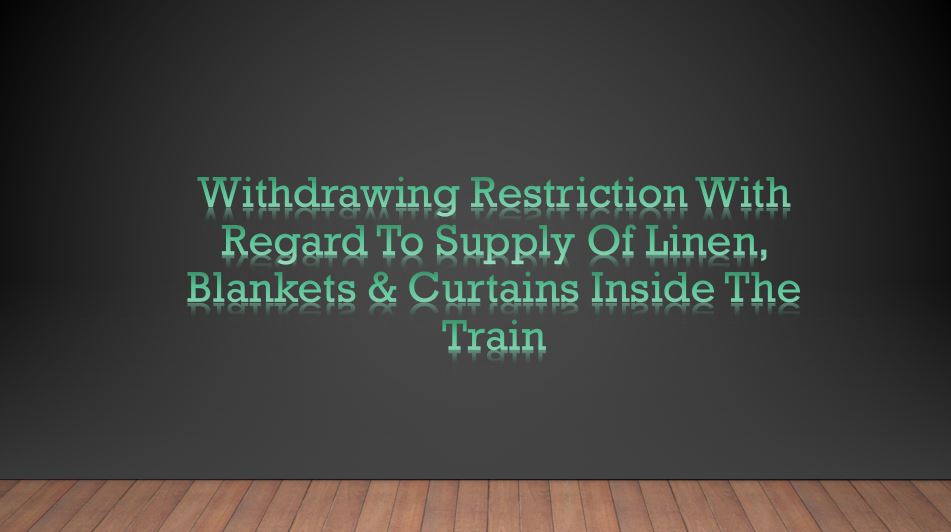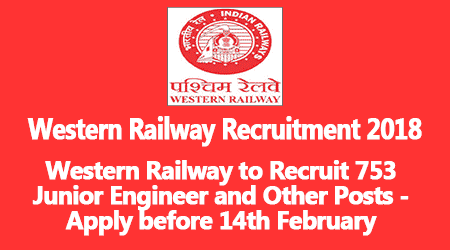This is after one of the two leading Unions-All India Railwaymen Federation conducted a strike ballot on December 20 and 21 across seventeen zones of the Indian Railway.
The other prominent one called the National Federation of Indian Railwaymen is planning to conduct a strike ballot on January 17 and 18 across the country.
The permanent negotiating machinery chaired by the Member Staff of the Railway board will hear the demands of the Unions.The Unions have threatened a strike in February 2014 if their demands are not addressed.
Earlier the strike ballot planned in September 2013 was deferred as the seventh pay commission was announced. However, senior leaders of the Railway Union have said that their other major demands which include abolishing new pension scheme and addressing the anomalies arising out of the sixth pay commission have remain unaddressed.
Senior Railway officials are sceptical over the timing of the demands. “It’s the election time and everyone is trying to get their demands through as this is a critical time for a government, no one would want to risk a strike. We will meet the union representatives and negotiate a solution,” said a Railway official.
In the recently concluded ballot of the AIRF in which about 8 lakh employees participated about 96% voted in favour of a strike, said a senior AIRF leader. Indian Railways employs about 14 lakh people, across the country.
Although Railway Unions have threatened strikes at various instances; it was only in 1974 under the leadership of George Fernandes that the Railway employees actually went on strike.
“There are many issues on which there is unanimity between the Railway Board and the Unions like revision of grade pay for running staff and station masters, but those demands are pending with the Finance Ministry. Going on a strike is a compulsion, we don’t like a strike. But our demands are justified and they should be addressed, “said Gumman Singh, leader of NRIF.
A possible strike can prove to be a nuisance for the Congress led United Progressive Alliance Government, already battling economic woes.
“A Railway strike means the entire economy comes to a halt. It is not the political cost but it the economic cost that is the cause of worry. Since the 7 th pay commission has already been announced, I don’t see a reason why the unions should threaten a strike,” said Akhileshwar Sahay, a railway expert.
According to experts and former Railway officials, the Railways has a good dispute resolution mechanisms at the district, zonal and division level which should address the current disputes. However experts agree that the threat of the strike could be arm-twisting the current government facing elections within few months.
“If they have any grievances from the sixth pay commission they can take them to the seventh pay commission. Any threat of strike should be dealt with an iron fist “ argued Sahay.

